Sessions / Zoom 5
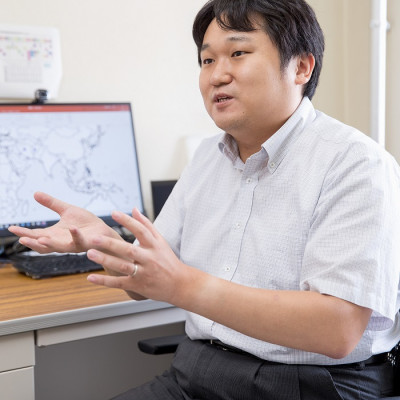

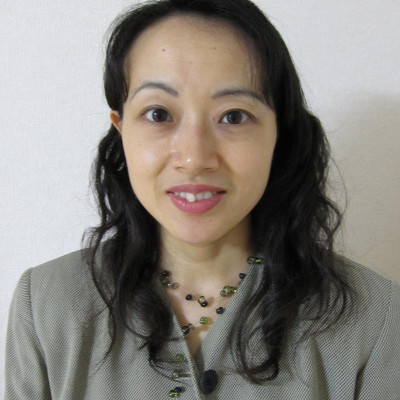
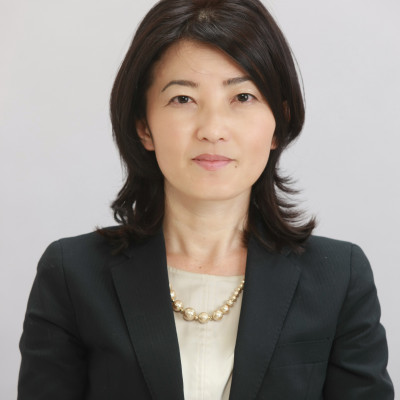
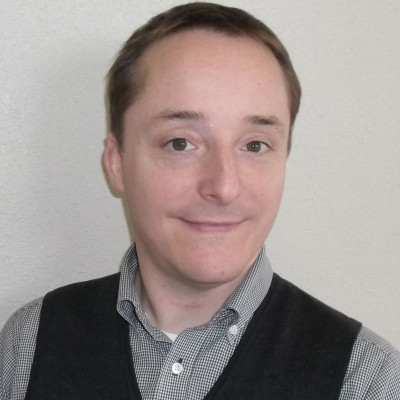
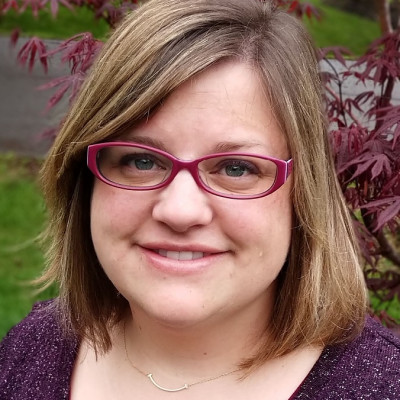

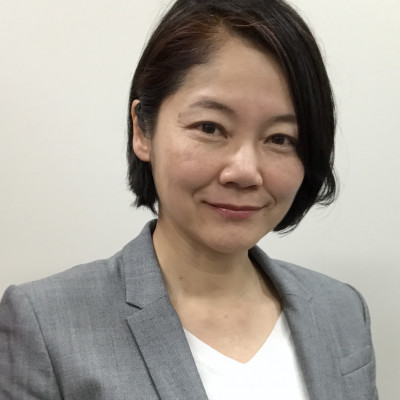
Study Abroad - the new normal during a pandemic #1317
The spread of COVID-19 has made it difficult for students to study overseas. In this SA SIG Forum, presenters will share their experiences of implementing online technologies into internationally-centered activities in order to deal with the ongoing pandemic. Suzanne Bonn and Kevin Stanley will share the challenges and successes of adapting their language programs in Canada to students based in Asia and elsewhere. Brian Wistner, Noriko Ishihara, and Akiko Murata will report on their participation in the Collaborative Online International Learning project. Kumiko Yabe shares challenges and accomplishments in converting a preexisting domestic internship course to a virtual internship with organizations in Hawaii. Toshiko Oda covers utility and potential obstacles of short-term online English programs by analyzing two college students’ participation in online programs in Malta. Paul Bird outlines a short hybrid course which introduces debating skills via ZOOM to a group of sixty International Studies students. Prior to the forum, participants are invited to watch the virtual presentations uploaded on the SIG website (https://sa-sig.weebly.com/) in early May. During the forum, participants will be able to ask questions/give comments to presenters, share their experiences/ideas, and discuss further possibilities of study abroad and international exchanges under the circumstances of COVID-19.
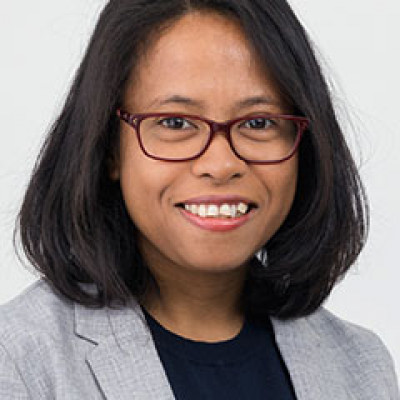
Every language learner is different: A personal perspective #1246
As a learning advisor (LA), I often reply, “It depends. Everyone is different” to my advisees’ “how-to” questions, before engaging them into what is referred to as an "intentional reflective dialogue” (Kato & Mynard, 2016). My role as an LA and my research on learner autonomy have enabled me to understand and accept the uniqueness of each learner’s experience with their language learning. The latter involves internal factors such as personality, motivation, agency, and feelings about the language. These factors can be influenced by external factors such as the learning environment, including the geographical location (Benson, 2020), the society and the culture to which the learner belongs (Little, 1999). The frequent “how-to” questions from my advisees prompted me to reflect on my own language learning journey, including the struggles, the successes, and the fluctuation of emotions related to each of the five languages I have learned. I used some advising tools to help me with my self-reflection, and then, writing as a “method of inquiry, a way of finding out about [my]self” (Richardson, 2000). In this presentation, I will discuss my self-reflection and the self-awareness resulting from it. I will then suggest some implications for language teaching, mainly highlighting the need to promote learners’ self-reflection.
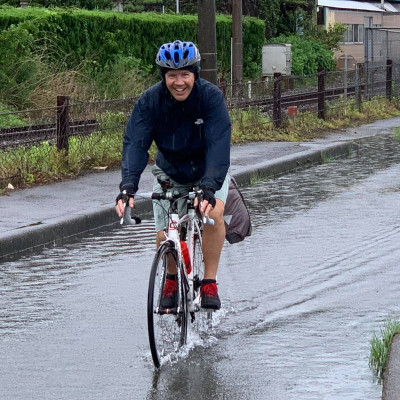
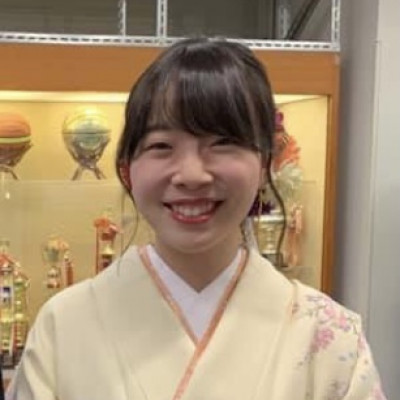
Motivation and meaningful connection in the changing classroom #1340
The main goal of language learning is undoubtedly social. We all have a strong desire to connect with others in meaningful ways, sharing experiences, exchanging information, or collaborating. Apart from language skills, connecting with others in meaningful ways requires intrinsic motivation, self efficacy, social and emotional intelligence as well as other traits or states that make up interpersonal competence (Spitzberg, 1989; Goleman 2006). This presentation will discuss key issues affecting relationship building and communication in the modern classroom through demonstrating activities and strategies for improving interpersonal skills and meaningful connections in both early and higher education contexts. These include storytelling, collaborative video projects and interactive presentations, all of which can help to provide learners with opportunities to develop empathy, self-awareness, active listening, critical thinking, assertiveness, sensitivity, and tolerance of differences. With the rise of online learning, social media-based interaction, and social distancing norms, making ‘real’ connections with others is becoming increasingly rare and difficult. By using relationship-building strategies to become better communicators, learners can develop multiple competencies and a multilevel awareness needed for making meaningful and interpersonal connections.
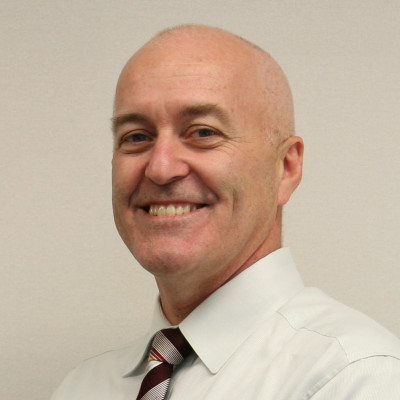
Online Poster Sessions as a Student Activity #1311
Poster sessions, whether face-to-face or online, require a different set of skills than presentations or speeches. Presenters work with just one poster or slide, can only give a brief explanation, and must then respond to a constantly changing group of viewers. The interactive and dynamic quality of poster presentations can offer university students useful opportunities to develop these explanatory skills in a very structured setting without the pressure of large audiences or a set script. In this session, I will describe our experiences of running an online poster presentation event in our university in Kyushu. The programme was intended as an opportunity for our 4th-year students to showcase and share their graduation thesis findings to inspire younger students. I'll explain the system we used, and some of the many pitfalls we encountered - and how we intend to improve the process for next year's event.
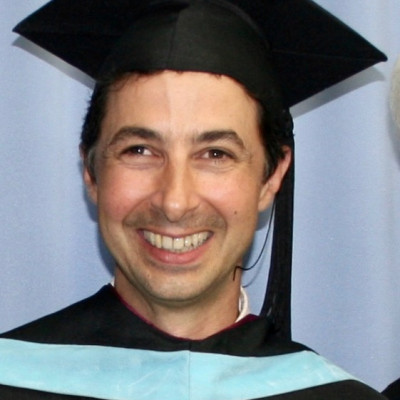
The Efficacy of Online learning: A Students’ Perspective Survey #1316
During the spring of 2020 Universities in Japan for the first time began either partially or fully to teach classes online. This sudden change in the way students are taught created a new style of learning, for them as much as the teachers, and as such, initiated discussion about the quality of learning and the effect on students. The implementation of online learning has the potential to substitute or supplement traditional language teaching far beyond the initial purpose; the safety of staff and pupils via social distancing during the Covid19 pandemic. The purpose of this research was to assess student responses to the first semester of online teaching and explore in what ways online education enhances language education for university students. A large number of university students (N=642) in the Kansai area were surveyed. The data is collected from University students in the Kansai area via an anonymous survey with a sample set of 642. Questions focused on their readiness to embrace online learning, their anxieties and what effects learning online has had on their learning in general. The results indicate that while the students accept the situation they would rather get back to on-campus face-to-face (F2F) classes. As online learning is now expected to continue at least for the next semester, the presenter will discuss the results of the survey as well consider what effective strategies students can use to manage their continued online learning. Questions of student satisfaction and student retention will also be considered.

The evolution of a four-dimensional EFL classroom #1356
Teaching students only English is not enough these days. While students do need to master the four skills of reading, writing, speaking, and listening, they also need the skills known as the 4Cs: critical thinking, creativity, collaboration, and communication. Additionally, there is a need to foster students' character and metacognitive abilities. The Center for Curriculum Redesign’s Four-Dimensional Education Framework (Fadel, Bialik, & Trilling, 2015) is designed to foster all of those traits in students. The framework emphasizes the importance of four dimensions that are essential to learners in the 21st century: knowledge, skills, character, and metacognition. A flipped learning approach was used to assign the grammar drills as homework and class time was spent participating in group tasks and projects that utilized the homework and integrated various dimensions of the framework. This study examines student perceptions about their growth as English language learners over a semester-long, first-year required EFL course with a focus on grammar. The course was held in the spring semester each year. Data were collected over three consecutive years from three different groups of students by analyzing the instructor’s syllabi, student reflection sheets and a voluntary post-course survey. How the tasks and projects were designed and implemented over each semester to engage students with the traits from the framework will be discussed. Additionally, ways that other educators can implement the framework and the various tasks and projects will be shared.
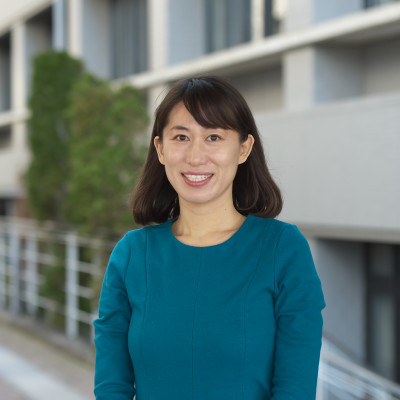
Assessing Speaking Tasks: How can teachers evaluate students’ speech more effectively? #1272
This study examined the relationship between two approaches to assess oral performances: analytical complexity, accuracy, and fluency (CAF) indices and human raters’ evaluations. CAF indices are analyzed with transcribed data and used frequently in second language (L2) speaking research; however, speaking tasks are communicative and goal-oriented, so the degree to which students achieve those communicative goals need to be assessed (Pallotti, 2009). The participants were Japanese university students (N = 48), who completed opinion-based speaking tasks. The recorded audio data were transcribed and analyzed using CAF measures. In addition, 11 human raters evaluated the same recorded oral performances on the following domains: topic organization, complexity, accuracy and fluency. The raw scores produced by the raters were analyzed with multifaceted Rasch analysis and computed into one logit, which is considered communicative adequacy. The results of a multiple linear regression analysis showed fluency accounted for a significant amount of the communicative adequacy, but other measures (lexis, complexity, accuracy) explain only a small portion of the variance. I conclude by suggesting that researchers and language teachers can better understand the extent to which learners achieve communicative goals by incorporating human ratings of communicative achievement into speaking assessments.

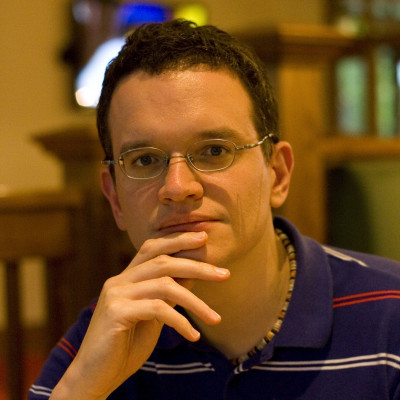

TBL SIG Forum #1610
The TBL SIG forum follows directly after the TBL SIG Sponsored Plenary Talk ‘TBLT: but what about the grammar?’ by Jane Willis. The plan for this forum is to continue the discussion of issues raised in Jane’s talk, and to expand on some of the activities that Jane introduces. Participants will have the opportunity not only to ask any questions they might have, but to share examples from their own teaching contexts regarding the place of grammar in the TBLT classroom.
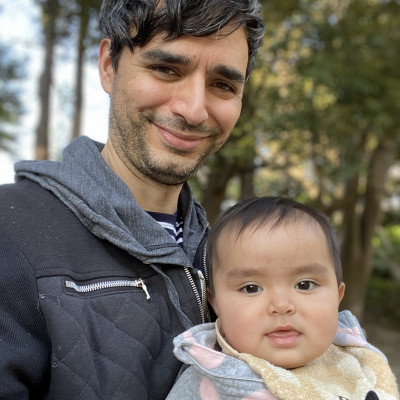

Exploratory Practice in an L2 Genre Writing Class #1291
This presentation initially defines Exploratory Practice, a style of practitioner research in response to Action Research (Burns, 2003) that seeks to integrate classroom research and empower students as co-researchers studying language classroom quality of life (Allwright, 2005). The presenters discuss implementation of EP into a Japanese university freshman-level reading and writing class that follows a genre approach. The presenters will share results of an ongoing EP project which contextualizes genre writing of academic research papers by instilling concepts of autonomy, personalized language-learning research topics, and teacher-student collaboration. The presenters will end with reflections and suggestions on the potential role and benefits of EP in the language learning classroom.
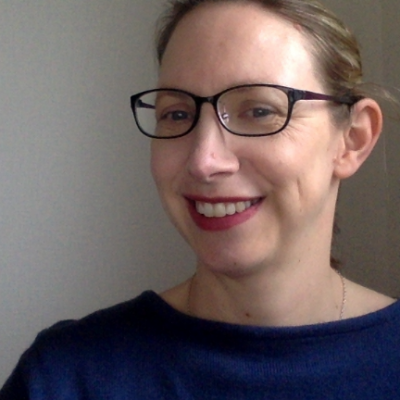
Multilingualism in self-access learning centres in Japan #1265
Self-access centres, non-classroom language learning spaces which promote learner autonomy and provide an informal setting for extra-curricular language learning, are now common facilities at campuses across Japan. While some of these centres are multilingual, others promote only one foreign language (usually but not always, English). On establishing and subsequently operating such a facility, language policy and how target languages are promoted and supported are important aspects to be considered, which will determine how potential users interact with and in the space.
This presentation will present some of the main findings from a KAKEN project investigating language policy and language use in self-access learning centres (SALCs) across Japan. Several institutions were chosen as case studies. Through surveys, interviews and focus groups, data was gathered from SALC directors and administrators, learning advisors, instructors and students about attitudes to policy and how language is used in these semi-naturalistic language learning spaces. Issues arising from the data include the roles of motivation, identity and autonomy in student language choice, the dominant role of English, and how attempts are made to make space for multilingualism.
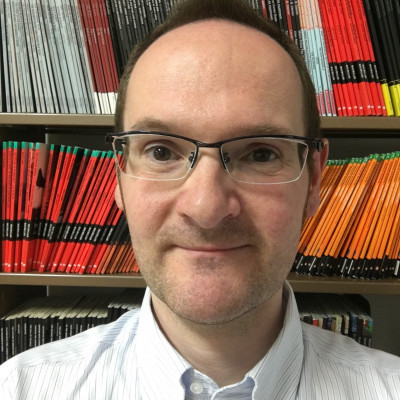
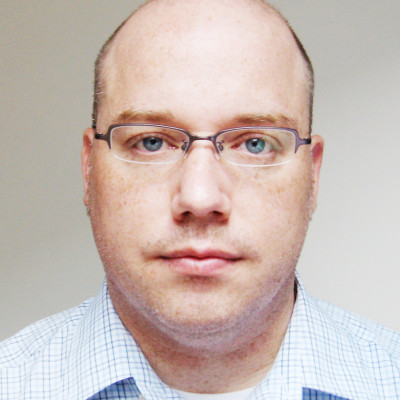
Exploring a Full-Time Learning Advisor’s Autonomy #1269
In self access, there has been much research on learner autonomy (Benson, 2007; Benson & Voller, 1997; Dam, 1995; Holec, 1981; Little, 1991,1999, 2007; Sinclair, 1999). Nevertheless, to our knowledge, there have been few to no inquiries into learning advisor autonomy (cf. Shirakawa, 2018). Having proposed a model for understanding learning advisor autonomy via teacher autonomy (Warrington & Parsons, 2019) and subsequently applied it to ourselves to test its feasibility (Warrington & Parsons, 2020), this presentation stands as an attempt to further address the aforesaid gap in the research literature. Discussion will first focus on what learning advisor autonomy looks like through the lenses of professional freedom (Pearson & Moomaw, 2005; Vieira, 2006), continuing professional development (Huang, 2005; Smith & Erdoğan, 2008), and the phenomena of the interconnectedness between teacher and learner and their mutual and simultaneous development (Jiménez Raya, Lamb, & Vieira, 2007; Little, 2007). Thereafter, attention will be turned to a case study which examined one full-time learning advisor’s autonomy using these lenses and the implications and future directions of this for his ‘learning advisor self’ and the underlying identities within it.
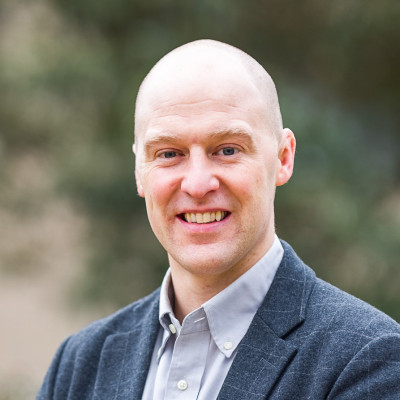
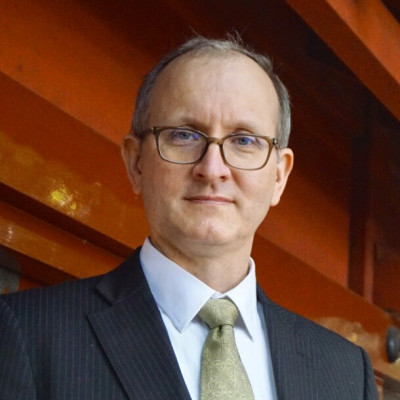
Generating interactive classrooms with a scaffolded three-stage model #1348
Oral interaction between students is an essential part of the learning process for developing English speaking skills. However, issues with student language levels, confidence, anxiety and task difficulty can lead to a hesitancy to 'speak up' and participate. Classroom-based studies show that students who can plan their speech for oral interactions during pre-task, online and post-task stages are better prepared and supported to interact with others, and demonstrate better fluency. In addition, students will participate more actively and become more fluent with their language use if they are allowed to repeat the same task several times. The presenter will demonstrate how such research findings can be combined to create a powerful task design model which helps students become more confident and fluent at speaking with others in English. The model scaffolds the learning with three stages of oral interaction with increasing difficulty for preparing, checking and reviewing task plans. By doing so, students (especially those of a low-level) can become increasingly confident and fluent within second language oral interactions at a comfortable and realistic pace. The presentation will conclude with simple instructions for teachers to apply the model to their own classes to improve confidence, participation and oral fluency.


Making classes 'SMART' to boost motivation and achievement #1336
Self-Determination Theory states that all humans possess the motivation to improve and feel a resultant sense of achievement (Reeve, Deci & Ryan, 2004). One problem which can hinder such motivation and progress for students studying English is a lack of clarity of the expectations for their oral performance. Research shows that students will make greater efforts if they are shown where their performance 'is', where it should 'go' and 'how' to get it there (Atkin, Black, & Coffey, 2001). In addition, clarifying the purpose of the learning for real-world use beyond the classroom will further motivate students to improve. This presentation explains how such theories of learning and human psychology can be applied to language learning classrooms by using original 'SMART' checklists, designed specifically for second language oral tasks. These checklists better define and direct students’ efforts so that classes demonstrate higher levels of motivation and resultant achievement in learning English speaking skills. By clarifying oral task Skills, Measures, Actions, Reasons and Time, students become more focused on and confident at improving their speaking skills over time. The presenter will give clear examples of how to create and apply these SMART checklists to existing oral tasks to motivate and engage students.
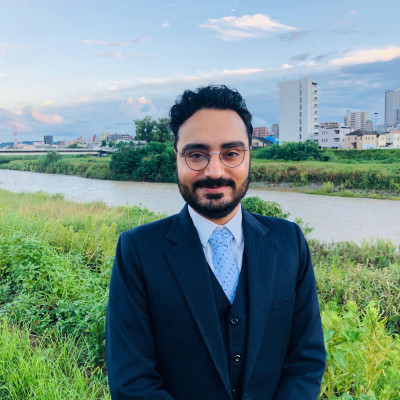
Drama in the time of Emergency Remote Teaching #1304
The coronavirus pandemic of 2020 - 2021 led to the closure of schools and university campuses under infection prevention protocols and classroom teaching was entirely or partially replaced by Emergency Remote Teaching (Bozkurt & Sharma, 2020). The sudden switch to online instruction was a challenge that the entire academic community had to grapple with by adapting courses and teaching techniques to suit the various online learning platforms. While some courses were more suitable for this adaptation, others such as drama-based courses proved to be particularly challenging due to the remote nature of student participation. However, necessity often leads to innovation. In this presentation, the presenter will discuss how the pandemic-induced Emergency Remote Teaching led them to devise a new genre of drama-in-education – Process Radio Drama which was created to fulfill the daunting task of teaching a drama-based course over Zoom. The presentation will outline the challenge, the response, and the step-by-step procedure of conducting an online drama-based course for university students of English as a Foreign Language. This presentation aims to equip language teachers with a Process Radio Drama framework to facilitate the evolution of drama-in-education for online learning.
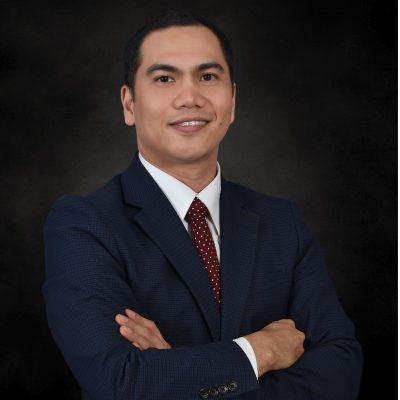
Improving writing via metacognitive speaking tasks #1352
Traditionally, comments from both peer reviews and teacher feedback significantly help students improve their L2 writing. Additionally, students could also improve by using appropriate self-assessments. Self-assessments provide opportunity for metacognition, or thinking about thinking, (Flavell, 1979) as they make deeper scrutiny of their thoughts in their own writing. However, during the coronavirus pandemic, it is challenging to administer self-assessments via remote learning as students' own evaluation of their writing may lack depth. A scaffolding technique that cultivates deeper learning is using video-recorded spoken assessments. Through video assessments, students can show their thinking, identify their own errors, and provide corrections. Teachers can use that evidence of learning to provide more practical feedback.
This presentation offers successful, classroom-tested ways to use asynchronous self-assessment through Seesaw, a free app where students can share their speaking tasks by using videos, photos, files and links. Practical classroom strategies materials, and student projects that demonstrate metacognitive awareness will be showcased.

Why Study Abroad? #1330
The various stakeholders who design, set up, finance, promote, run, support, and participate in Study Abroad programmes do so with a wide range of, often conflicting, motives. Financing, for example, is available from organisations eager to develop a workforce skilled in dealing with foreign institutions and their representatives, whereas participants may dream of eating exotic foods while hanging out with foreign friends, and the foreign language teachers who encourage them to participate may be motivated by pressure for measurable gains on standardized tests of the foreign language. The presenter has extensive experience of working with SA programmes, from persuading schools to set them up to negotiating sister-school agreements to interviewing potential participants to working with those who eventually do take part. They will draw on this experience to examine the motives of the various stakeholders and seek to uncover the issues that arise from mismatches and gaps between the individual stakeholders. The images used in promoting a programme, for example, are often at odds with the actual experience of participants, and this can give rise for both hosting and sending institutions. The analysis should be of interest to all who have a connection to university SA programmes.